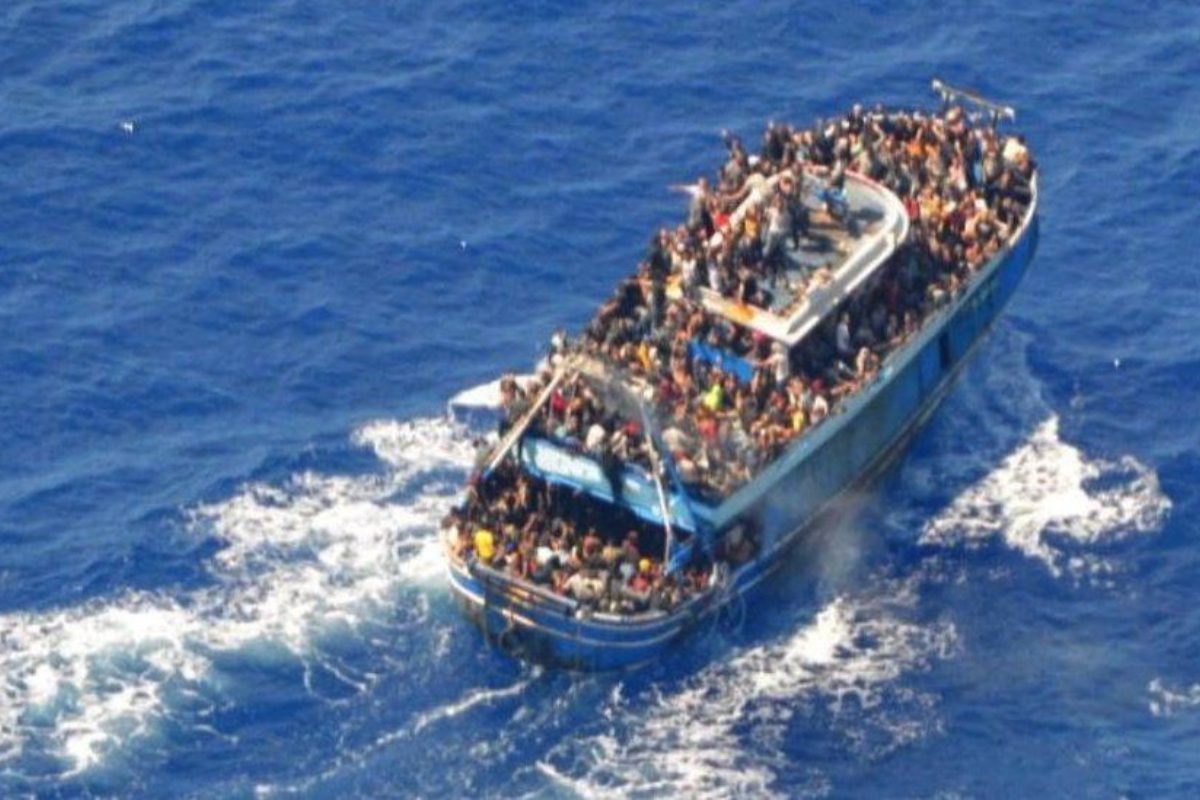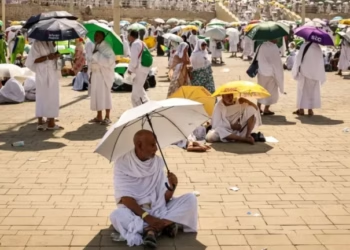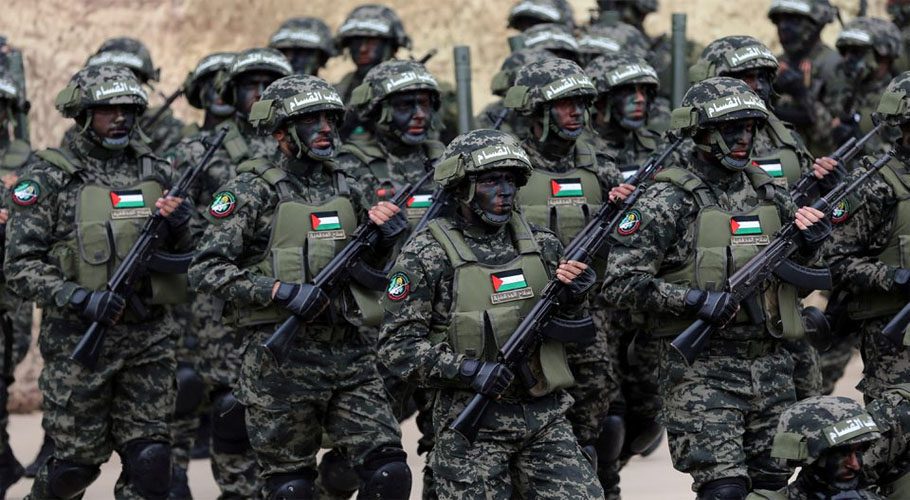NEW YORK: Nearly a month after the sinking of an overloaded boat off the Greek coast where 700 people, including Pakistanis, were killed, a prominent global humanitarian body has called on the European Union (EU) to ensure a “full, transparent” investigation into the tragedy.
“So far, there have been no moves to launch such an investigation into the shipwreck – one of the deadliest on record in the Mediterranean Sea – despite calls to do so from NGOs and members of the European Parliament,” the New York-based International Rescue Committee (IRC) said in a statement.
The IRC stressed the need for the EU and its member states to urgently expand safe, regular routes for people on the move, including committing to resettle at least 44,000 refugees in 2024.
“The EU and its states must shift their focus from deterring people from reaching Europe, to safeguarding them along their journeys – this includes strengthening search and rescue, providing information to people on the move, and upholding the legal right”, the humanitarian body said.
At the United Nations, Pakistan stepped up pressure for the investigation into huge loss of lives, amid media reports that the Greek Coastguards were slow in responding the distress calls from the doomed ship.
“Mediterranean Sea crossings have become increasingly treacherous,” Ambassador Aamir Khan, deputy permanent representative of Pakistan to the UN, told a UN Security Council’s informal meeting.
The Pakistani envoy highlighted last month’s deadly migrant shipwreck, as he underscored the need for developing mechanisms for people in distress at sea.
“As responsible members of international community, it is incumbent on us all to ensure the safety and security of migrants, refugees and asylum seekers, uphold international law including maritime law, and enforce the prompt rescue of individuals in distress at sea, regardless of their nationality or circumstances,” Aamir Khan said.
“We must undertake all efforts including by developing transparent, safe and predictable disembarkation mechanisms for people in distress at sea, while complying with international obligations and without obstructing humanitarian efforts.”
In its statement, IRC added, “We’re concerned that disasters like this horrific shipwreck are becoming increasingly normalized. In the month since this disaster, there have been at least 22 other incidents in the Central Mediterranean (including bodies washing ashore the Libyan coast) with more than 50 people dead or missing, according to the International Organisation for Migration.
“At the same time, in the absence of internal agreement on how to better share responsibility for new arrivals, European leaders are pursuing new migration agreements with non-EU countries.
“These deals are disproportionately focused on deterring refugees and other migrants from Europe, rather than supporting vulnerable people on the move and addressing the root causes behind their displacement. They risk further undermining people’s rights, exposing them to abuse and exploitation, and driving them to risk their lives on even more dangerous routes.”




































